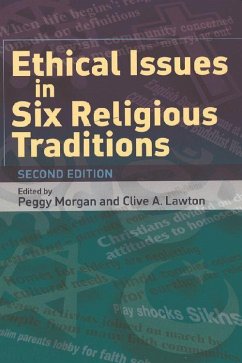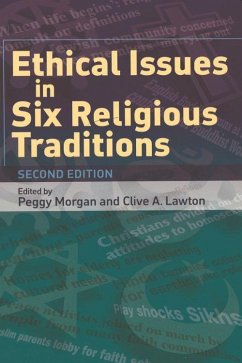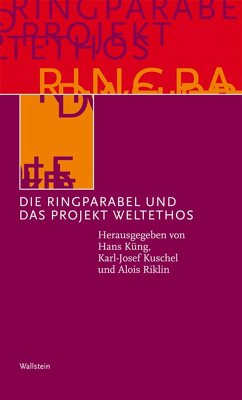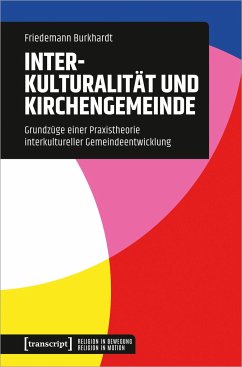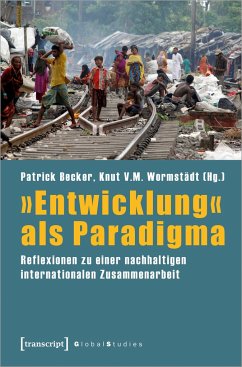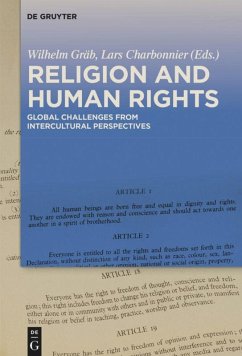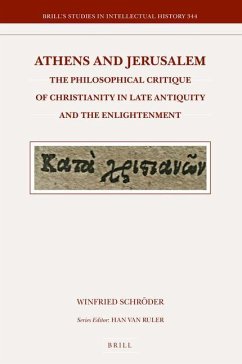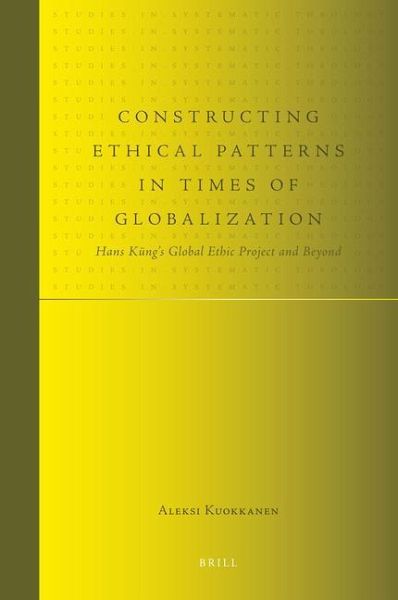
Constructing Ethical Patterns in Times of Globalization
Hans Küng's Global Ethic Project and Beyond
Versandkostenfrei!
Nicht lieferbar
In the third millennium, people are increasingly being forced to decide how to lead an ethically acceptable life, both nationally and internationally, amidst the radical pluralism of world views. Surprisingly, while the West was a pioneer in the recognition of human rights, its stance towards both exclusivism and difference is distorted. Spurred on the Global Ethic Project of the Catholic theologian Hans Küng, this book searches for a plausible solution to the dilemma of global societal coexistence by carefully analysing the contemporary philosophical discussion. It uncovers the multifaceted ...
In the third millennium, people are increasingly being forced to decide how to lead an ethically acceptable life, both nationally and internationally, amidst the radical pluralism of world views. Surprisingly, while the West was a pioneer in the recognition of human rights, its stance towards both exclusivism and difference is distorted. Spurred on the Global Ethic Project of the Catholic theologian Hans Küng, this book searches for a plausible solution to the dilemma of global societal coexistence by carefully analysing the contemporary philosophical discussion. It uncovers the multifaceted ways, in which the standard Western interpretation promotes neutrality towards particular world views, shows why this interpretation is flawed, and presents an alternative with practical implications and an eye towards the global dialogue of cultures.




